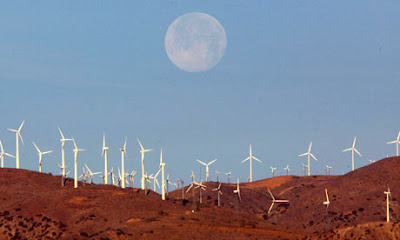Math Lessons For Locavores
Here is a thought provoking piece from today's Times. Having been active in the locavore movement where I live, I have experience with the issues expressed in this piece. I like the message that the writer poses and that is " let's not ignore some of the larger problems" and does a good job of putting the energy used in agriculture into perspective. What are your thoughts?
"But the local food movement now threatens to devolve into another one of those self-indulgent — and self-defeating — do-gooder dogmas. Arbitrary rules, without any real scientific basis, are repeated as gospel by “locavores,” celebrity chefs and mainstream environmental organizations. Words like “sustainability” and “food-miles” are thrown around without any clear understanding of the larger picture of energy and land use.
The result has been all kinds of absurdities. For instance, it is sinful in New York City to buy a tomato grown in a California field because of the energy spent to truck it across the country; it is virtuous to buy one grown in a lavishly heated greenhouse in, say, the Hudson Valley."
Mike
"But the local food movement now threatens to devolve into another one of those self-indulgent — and self-defeating — do-gooder dogmas. Arbitrary rules, without any real scientific basis, are repeated as gospel by “locavores,” celebrity chefs and mainstream environmental organizations. Words like “sustainability” and “food-miles” are thrown around without any clear understanding of the larger picture of energy and land use.
The result has been all kinds of absurdities. For instance, it is sinful in New York City to buy a tomato grown in a California field because of the energy spent to truck it across the country; it is virtuous to buy one grown in a lavishly heated greenhouse in, say, the Hudson Valley."
Mike



Comments
Dani @ ONNO bamboo clothing